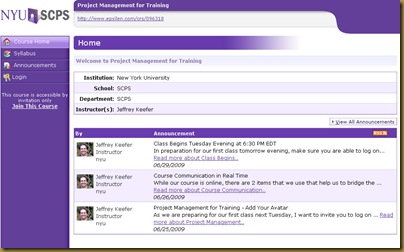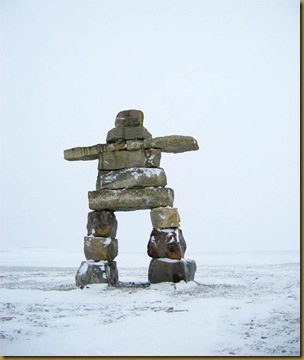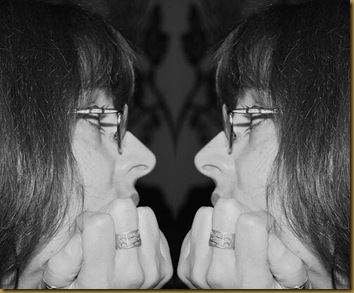Cheryl Hunt from the University of Exeter is linking spirituality to adult education. The spiritual turn from Houtman and Aupers (2007), as there is decline in conventional religions but there is a search for grass-roots spirituality. Her theoretical framework is from Heron’s ways of knowing and the Orientation to Reflective Practice (Wellington and Austin, 1996). She also uses Dreary and Forman (2004).
For adult educators, she engages in this via professional reflective practice. Reflective practice can help us be more effective in the exercise of individual professions. There are the 5 areas of reflective practice, as per Houtman and Aupers.
- Immediate
- Technical
- Deliberative
- Dialectic
- Transpersonal
There is more about this model within the proceedings than she is listing here in the session, especially based on a large chart that was on a slide and is in the paper.
There are a number of concerns that link academic / professional knowledge and practice something “deeper.” In a seminar series, she got a sense of the fragmentation in many people’s lives, and to link all levels of oneself, and all parts of oneself. Some of the feedback that was received came in the form of creative writing and poetry.
Thinking about the theory that underpinned the results was Heron (1996) on cooperative inquiry, where the use of language is rooted in deep experience and non-linguistic understandings.
Transpersonal perspective to spirituality is more of a secular spirituality in her work.
There are some really nice next steps, including the British Association for the Study of Spirituality (BASS), a new international conference: Spirituality in a Changing World in May of 2010, and a new journal, Spirituality. Right now, discussions about spirituality are held in different silos, and they are trying to bring those various contexts and meaning together.
For questions, one person said that there is a lot of perceived need for this and that it is very fractured in the various professions and disciplines. Somebody shared that she was from the California Institute of Integral Studies (CIIS), and how they integrate with many of the models and frameworks that Cheryl discussed. Libby Tisdell asked about an example, and Cheryl discussed her experiences of community which got lost when she studied it during her dissertation. The look at her first child at birth was like the “shimmering moment” that looks back and looks forward almost at once. Interestingly, the management theories in academia tend to move far away from these discussions. However, the more recent work on spirituality and management is getting more developed than it is in education.
There was an additional question about how spirituality and religion is kept separate, and this is a significant issue, both in the US as well as in the UK.
Having spoken with Cheryl via email in the past, I am really looking forward to reading her paper.


